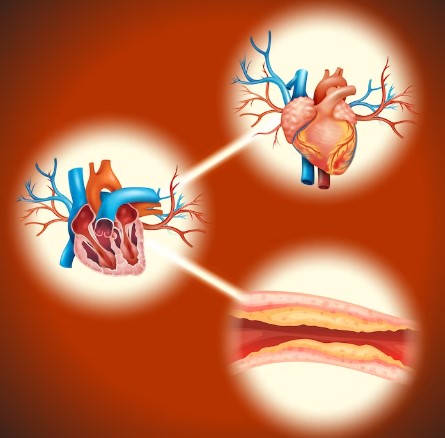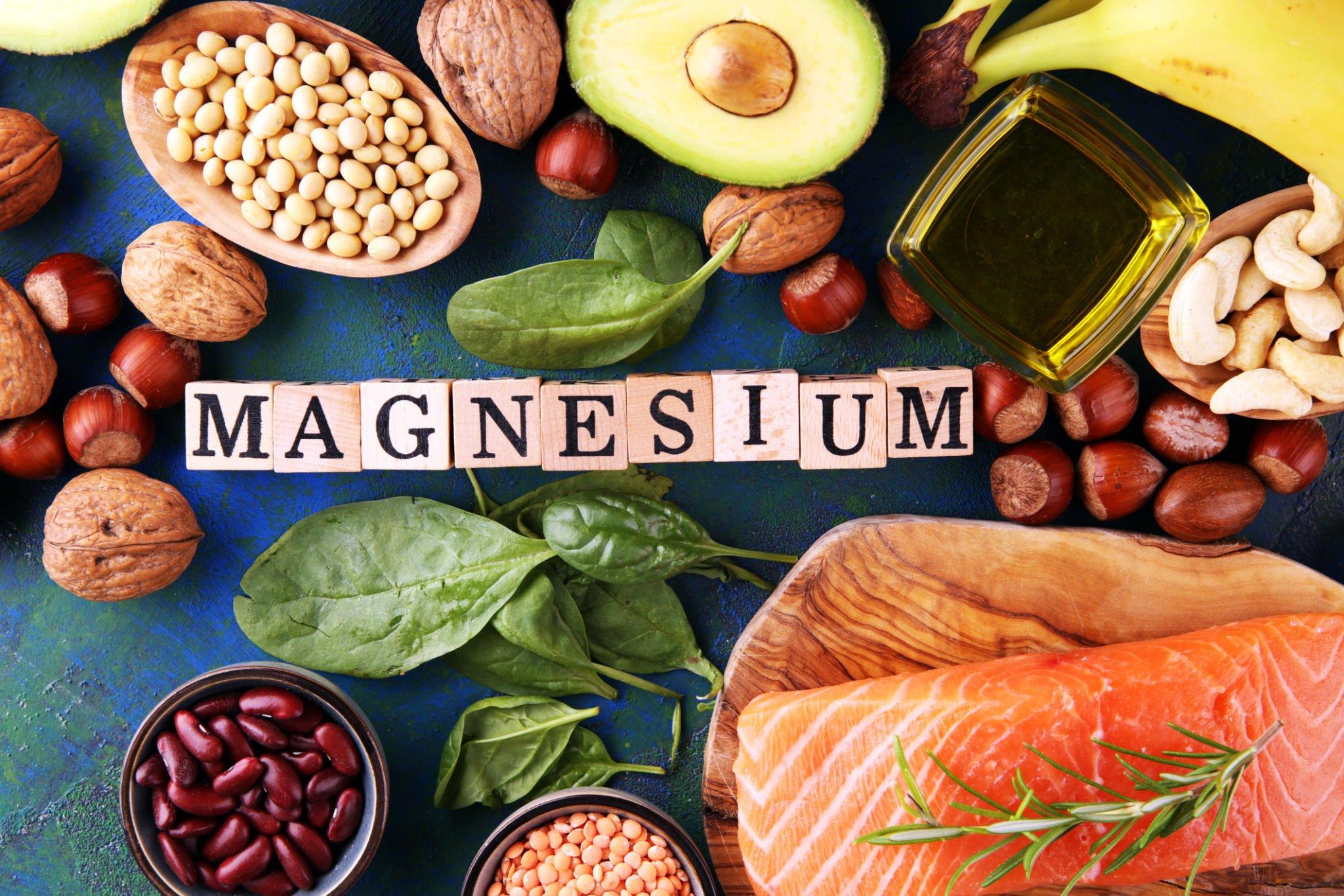Clogged arteries, also known as atherosclerosis, occur when fatty deposits build up on the inner walls of your arteries, restricting blood flow. This condition can lead to serious health complications, including heart disease and stroke. While some symptoms of clogged arteries may be more obvious, such as chest pain, there are also subtle signs that should not be overlooked. Being aware of these subtle signs provide by heart specialist in Patiala can help you take proactive steps toward managing your cardiovascular health. In this article, we will explore seven subtle signs of clogged arteries that you should pay attention to.
Clogged arteries can develop over time due to various factors, including high cholesterol levels, smoking, high blood pressure, diabetes, and an unhealthy diet. Detecting clogged arteries early is crucial for implementing necessary lifestyle changes and seeking medical intervention. By recognizing the subtle signs, you can take action to protect your heart health and reduce the risk of complications.
What Causes Clogged Arteries?
Clogged arteries occur when substances like cholesterol, fat, calcium, and other cellular waste accumulate on the artery walls. Over time, these deposits form plaque, causing the arteries to become narrowed and hardened. This restricts blood flow and oxygen supply to vital organs, increasing the risk of heart attack, stroke, or other cardiovascular problems.
Subtle Signs of Clogged Arteries
Fatigue and Weakness
Feeling excessively tired or experiencing a general lack of energy could be an indication of reduced blood flow due to clogged arteries. The narrowed arteries make it harder for blood to reach all parts of the body, leading to fatigue and weakness.
Shortness of Breath
When arteries are clogged, the heart has to work harder to pump blood throughout the body. This increased strain can result in shortness of breath, especially during physical activity or exertion. If you find yourself frequently catching your breath or experiencing difficulty breathing, it may be a sign of compromised cardiovascular function.
Erectile Dysfunction
In men, clogged arteries can contribute to erectile dysfunction (ED). The arteries supplying blood to the genitals can become narrowed, affecting blood flow and causing difficulties in achieving or maintaining an erection. While ED can have various causes, it’s worth considering the possibility of clogged arteries as an underlying factor.
Jaw Pain
Unexplained pain or discomfort in the jaw area, particularly during physical activity or times of stress, can be associated with clogged arteries. The pain may radiate from the chest and may be mistaken for temporomandibular joint (TMJ) disorder or dental issues. If jaw pain is accompanied by other symptoms like chest pain or shortness of breath, seek immediate medical attention.
Leg Pain or Cramping
Clogged arteries in the legs can lead to a condition called peripheral artery disease (PAD). PAD causes reduced blood flow to the lower extremities, resulting in leg pain or cramping during physical activity. This pain, known as claudication, typically subsides with rest. If you consistently experience leg pain or cramping, especially while walking, discussing it with your healthcare provider is essential.
Hair Loss
Hair loss, particularly on the legs or feet, can be an indicator of poor circulation due to clogged arteries. The reduced blood flow prevents adequate nutrients from reaching the hair follicles, leading to weakened hair growth. While hair loss can have multiple causes, it’s worth considering the possibility of compromised arterial health as a contributing factor.
Poor Wound Healing
Clogged arteries can impair the body’s ability to heal wounds properly. Reduced blood flow delays the delivery of oxygen and nutrients to the injured area, slowing down the healing process. If you notice that your wounds are taking longer to heal or are not healing as expected, it may be a sign of compromised arterial function.
When to Seek Medical Attention
If you experience any of these subtle signs of clogged arteries, it’s important not to ignore them. Consult with your healthcare provider for a proper evaluation and diagnosis. They may recommend further tests, such as blood tests, imaging studies, or a cardiac stress test, to assess your cardiovascular health and determine the extent of arterial blockages.
Prevention and Treatment
Preventing and managing clogged arteries involves adopting a heart-healthy lifestyle. This includes:
- Following a balanced diet rich in fruits, vegetables, whole grains, and lean proteins.
- Regular exercise to improve cardiovascular fitness and promote blood flow.
- Avoiding smoking and limiting alcohol consumption.
- Maintaining a healthy weight and managing cholesterol and blood pressure levels.
- Managing stress through relaxation techniques or counseling.
- Medication or medical procedures may sometimes be necessary to address clogged arteries. Your healthcare provider will develop a treatment plan tailored to your specific needs and medical history.
Risk Factors for Clogged Arteries
Understanding the risk factors associated with clogged arteries can help you assess your own cardiovascular health. Factors such as age, family history of heart disease, obesity, high blood pressure, high cholesterol levels, diabetes, and a sedentary lifestyle can increase your likelihood of developing clogged arteries. Identifying these risk factors and making necessary lifestyle changes can reduce your risk and promote heart health.
Diagnostic Tests for Clogged Arteries
If you suspect you may have clogged arteries or are experiencing any of the subtle signs mentioned earlier, your healthcare provider may recommend diagnostic tests to assess the condition of your arteries. Common tests include a lipid profile to measure cholesterol and triglyceride levels, an electrocardiogram (ECG) to evaluate heart function, an echocardiogram to assess the structure and function of the heart, and an angiography to visualize any blockages in the arteries.
Lifestyle Modifications for Healthy Arteries
Adopting a heart-healthy lifestyle is crucial for preventing and managing clogged arteries. In addition to a balanced diet and regular exercise, you can make other lifestyle modifications to support healthy arteries. These include quitting smoking, managing stress through relaxation techniques or mindfulness practices, getting enough sleep, and limiting your intake of saturated and trans fats. Small changes in your daily routine can significantly impact your cardiovascular health.
Conclusion
Being aware of the subtle signs of clogged arteries can be crucial for early detection and intervention. By recognizing these signs and seeking appropriate medical attention, you can take proactive steps toward managing your cardiovascular health. Prevention is key, and adopting a heart-healthy lifestyle is essential for reducing the risk of clogged arteries and related complications. If you are looking for a heart specialist in Patiala, make sure you contact us.



